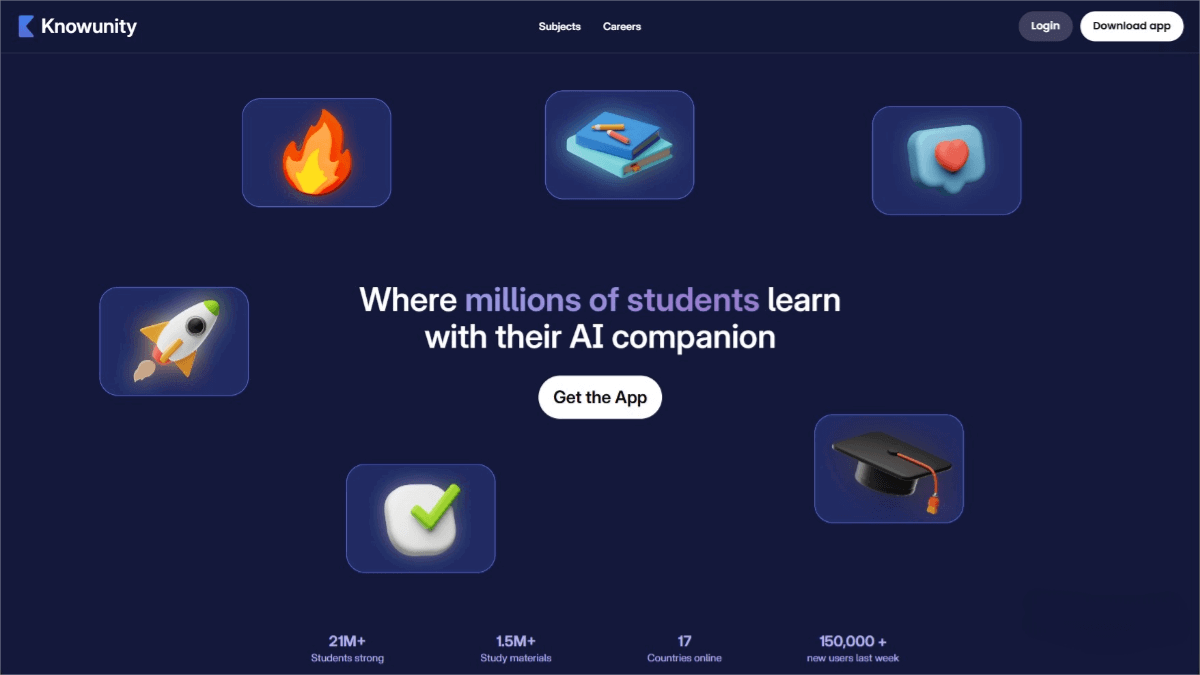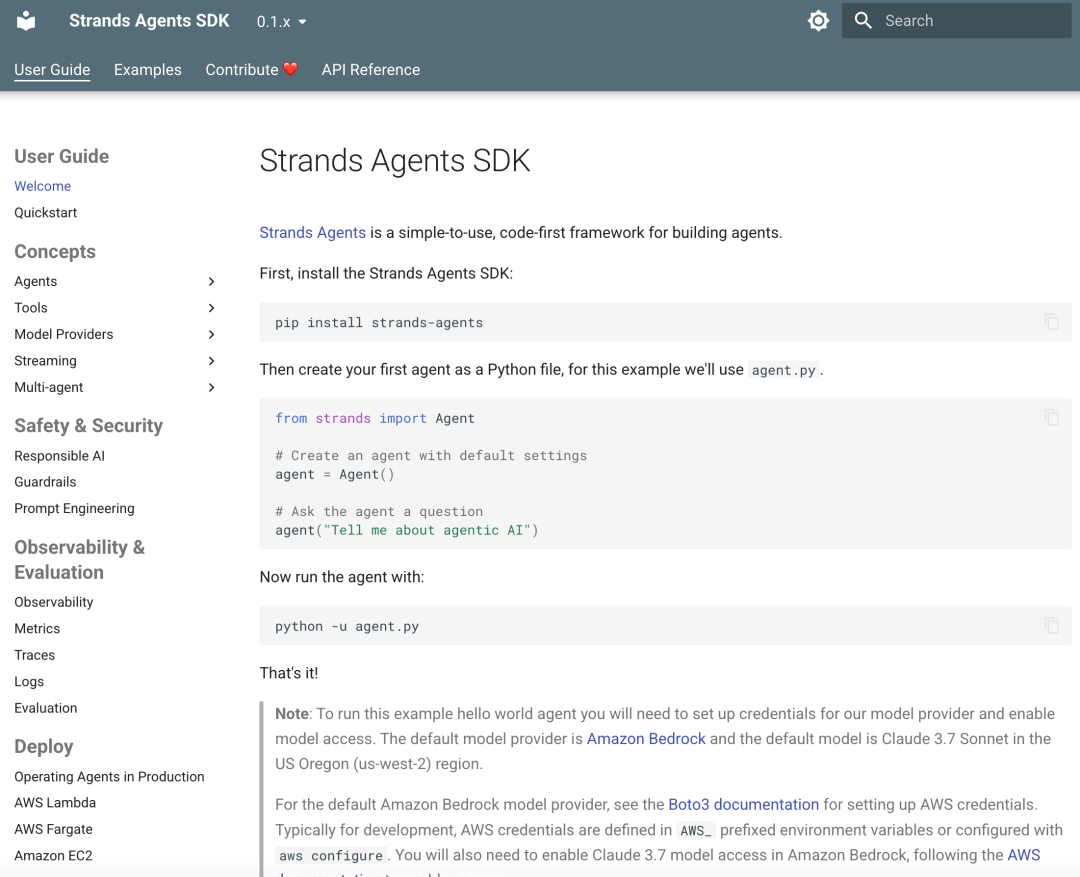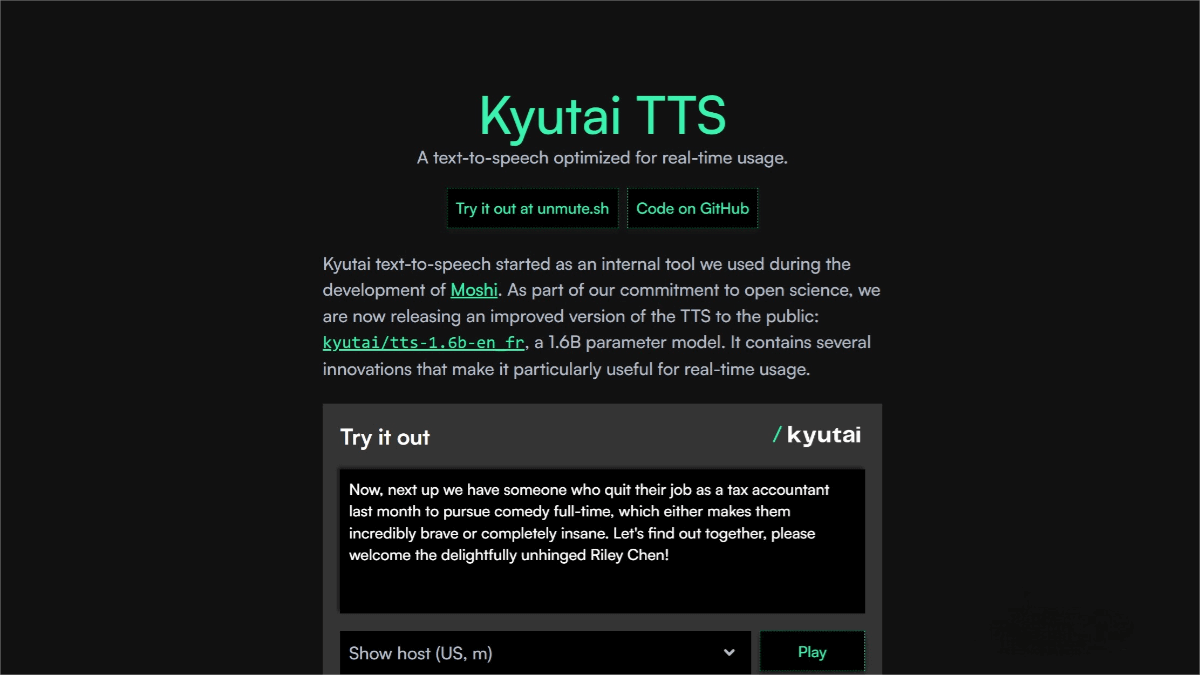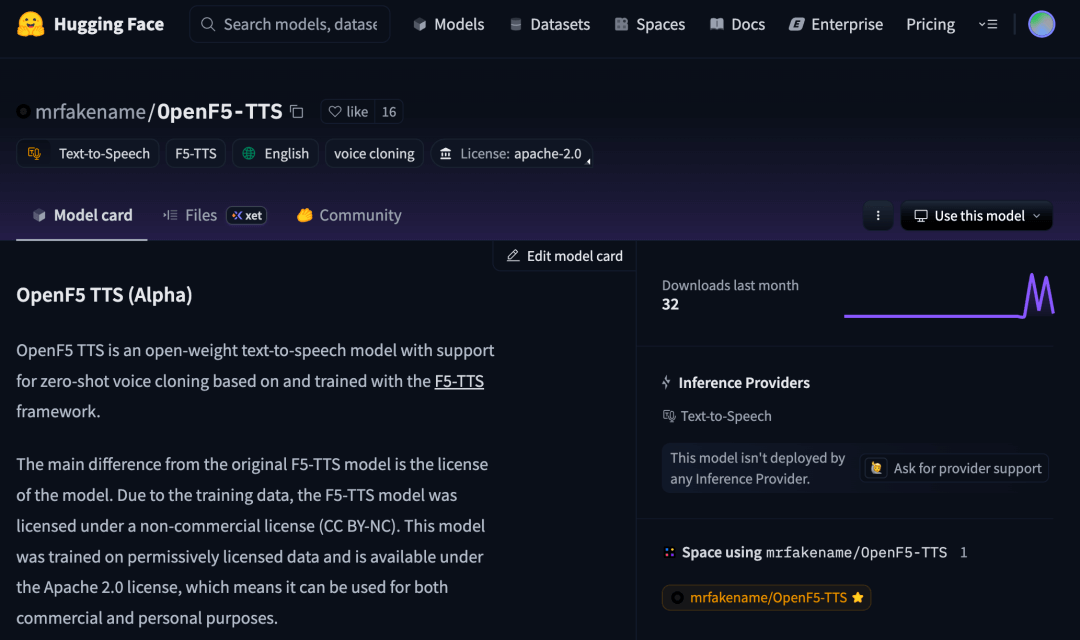What is TxGemma?
TxGemma is a general-purpose artificial intelligence model introduced by Google for drug discovery, designed to accelerate the drug development process through AI technology. Built on Google’s Gemma framework, it can understand conventional text as well as the structures of therapeutic entities such as chemical substances, molecules, and proteins. Researchers can use TxGemma to predict key characteristics of potential new therapies, such as safety, efficacy, and bioavailability. TxGemma also features conversational capabilities, enabling it to explain the rationale behind its predictions and assist researchers in solving complex problems. The model is available in three versions with 2 billion, 9 billion, and 27 billion parameters, catering to different hardware and task requirements. The largest 27-billion-parameter version outperforms or matches previous general-purpose models in most tasks.

The main functions of TxGemma
- Drug Property Prediction: TxGemma can understand and analyze chemical structures, molecular compositions, and protein interactions, helping researchers predict key drug properties such as safety, efficacy, and bioavailability.
- Biomedical Literature Screening: The model can screen biomedical literature, chemical data, and experimental results to assist in research and development decisions.
- Multi-step Reasoning and Complex Task Handling: Leveraging the core language modeling and reasoning technology of Gemini 2.0 Pro, TxGemma can handle complex multi-step reasoning tasks, such as combining search tools and molecular, gene, and protein tools to answer intricate biological and chemical questions.
- Conversational Ability: The “chat” version of TxGemma has conversational capabilities, enabling it to explain the rationale behind its predictions, answer complex questions, and engage in multi-turn discussions.
- Fine-tuning Capability: Developers and medical researchers can adapt and fine-tune TxGemma based on their own therapeutic data and tasks.
The Technical Principles of TxGemma
- Fine-tuning Based on Gemma 2: TxGemma is developed based on the Gemma 2 model family by Google DeepMind. TxGemma has been fine-tuned using 7 million training samples sourced from the Therapeutics Data Commons (TDC), covering a wide range of therapeutic-related data, including small molecules, proteins, nucleic acids, diseases, and cell lines. This enables TxGemma to better understand and predict the attributes of therapeutic entities, playing a role in various stages of drug discovery and therapeutic development.
- Multi-task Learning: The TxGemma model has been trained to handle multiple types of therapeutic development tasks, including classification, regression, and generation tasks. Its multi-task learning capability allows the model to comprehensively consider different types of therapeutic-related data and problems, providing effective predictions and analyses in various scenarios. By being trained on multiple tasks, the model can learn the commonalities and differences between different tasks, which helps improve its generalization ability and adaptability to new tasks.
- Implementation of Conversational Abilities: To enable conversational capabilities, the “chat” version of TxGemma incorporates general instruction-tuning data during the training process. This allows the model to make predictions, explain the rationale behind its predictions in natural language, answer complex questions, and engage in multi-turn discussions.
The project address of TxGemma
- Project official website: https://developers.googleblog.com/en/introducing-txgemma
- Hugging Face Model Hub: https://huggingface.co/collections/google/txgemma
- Technical paper: https://storage.googleapis.com/research-media/txgemma
Application scenarios of TxGemma
- Target Identification and Validation: In the early stages of drug discovery, TxGemma can assist researchers in identifying potential drug targets.
- Drug Synthesis and Design: During the drug synthesis process, TxGemma can predict the set of reactants based on the reaction products, providing researchers with suggestions for synthetic pathways to accelerate the drug synthesis process.
- Treatment Plan Optimization: In the selection and optimization of treatment plans, TxGemma can offer personalized treatment recommendations based on factors such as the patient’s disease characteristics and drug properties.
- Scientific Literature Interpretation and Knowledge Discovery: Researchers can use TxGemma’s conversational capabilities to quickly access and understand key information from large volumes of scientific literature.
- Medical Education: In the field of medical education, TxGemma can serve as a teaching tool to help students and medical professionals better understand the complex process of drug development.
Related Posts




